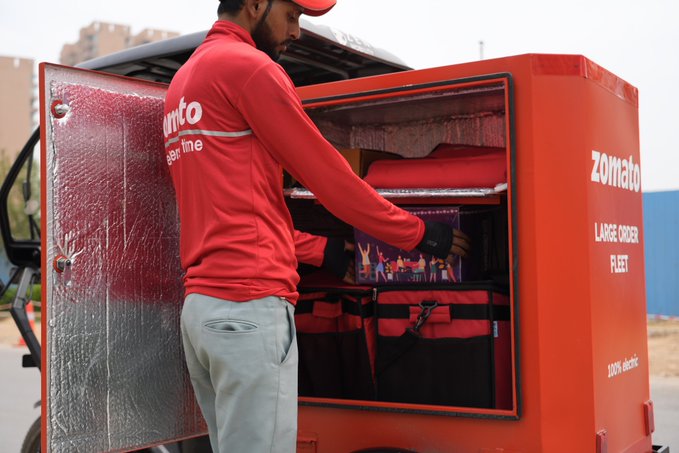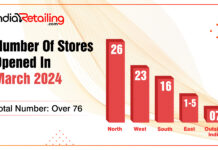The session ‘GlobalGAP Conclave on Quality Standards – Food Hygiene, Safety & Nutirtion’, at Food Forum India, opened with Dr Kristian Moeller, MD, GlobalGAP, declaring the signing of a memorandum of understanding between GlobalGAP and Quality Council of India for establishing National Technical Working Group (NTWG) in India. The partners will work towards dealing with matters related to agricultural production as per GlobalGAP requirements in keeping with Indian conditions, and benchmarking IndiaGAP with GlobalGAP. The MoU was signed by Girdhar J Gyani, secretary general, Quality Council of India, and Moeller.
Gyani stated that the National Technical Working Group would prove an important link between GlobalGAP and Indian agriculturists toward ensuring the essential quality standards. He also informed that in the latest meeting of the prime minister’s cabinet, it has been decided that year 2008-09 will be declared as ‘Food Safety and Quality Year’.
At the same conclave, Sawatenter Khosla (head of government and public affairs, Syngenta), Prof. Leslie D Bourquin (Michigan State University, USA), and Percy Pavri (head, Quality Assurance, Metro) made presentations to the forum on topics such as Responsible Use of Crop Protection, Indian Mango Market Development Project, and Introducing Quality Standards for Suppliers, respectively.
Anchored by Moeller, the panellists for the conclave comprising Srihari Kotela (MD, FoodCert India), Gyani, and Einar Gustafsson (MD, Bakkavor Group, Iceland) explained what it takes to buy safe foods and how retailers can work with their large number of diverse agricultural suppliers to meet required levels of food hygiene. The panellists also discussed the importance of applying for global certification standards, which have proven to be very successful and efficient not only to protect consumers, but also to develop sustainable farming models.
Bourquin spoke about the mango plantation across Maharashtra, especially in the Konkan region. This included pre-harvest, harvest and post-harvest handling. Today, only 35 per cent value is returned to the farmers in mango supply chain. They have observed that GAP adoption is preferred by several domestic chains.







